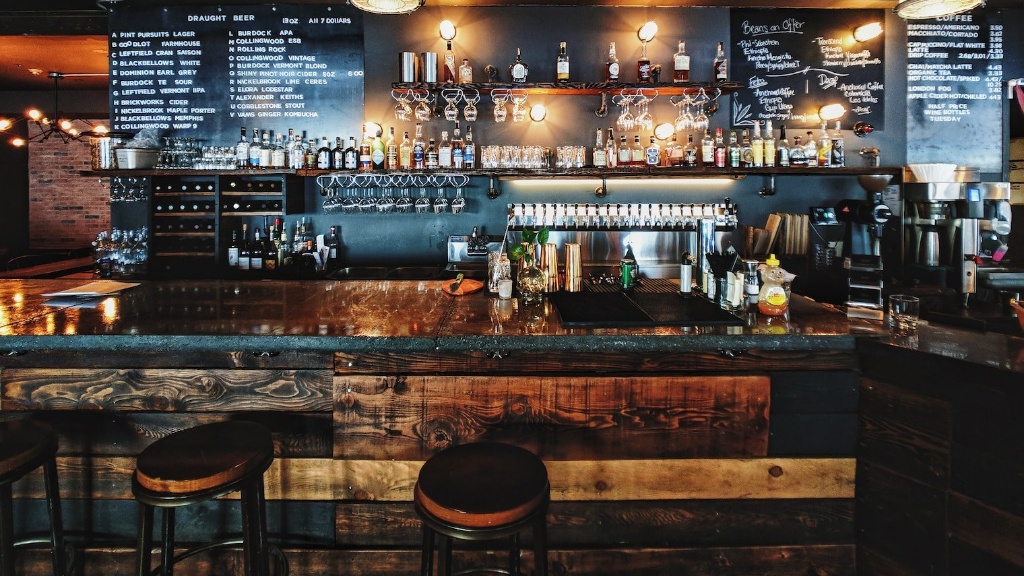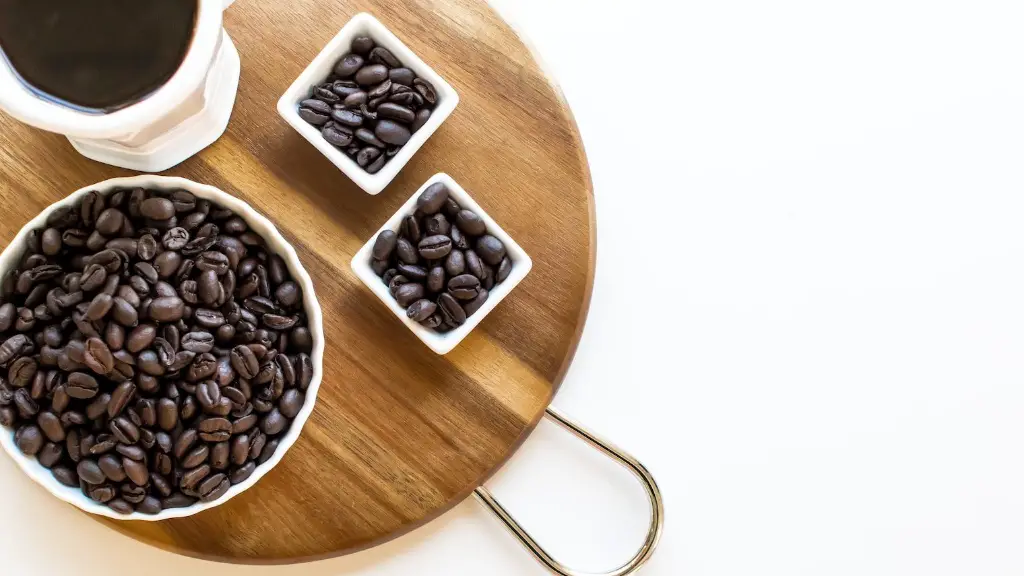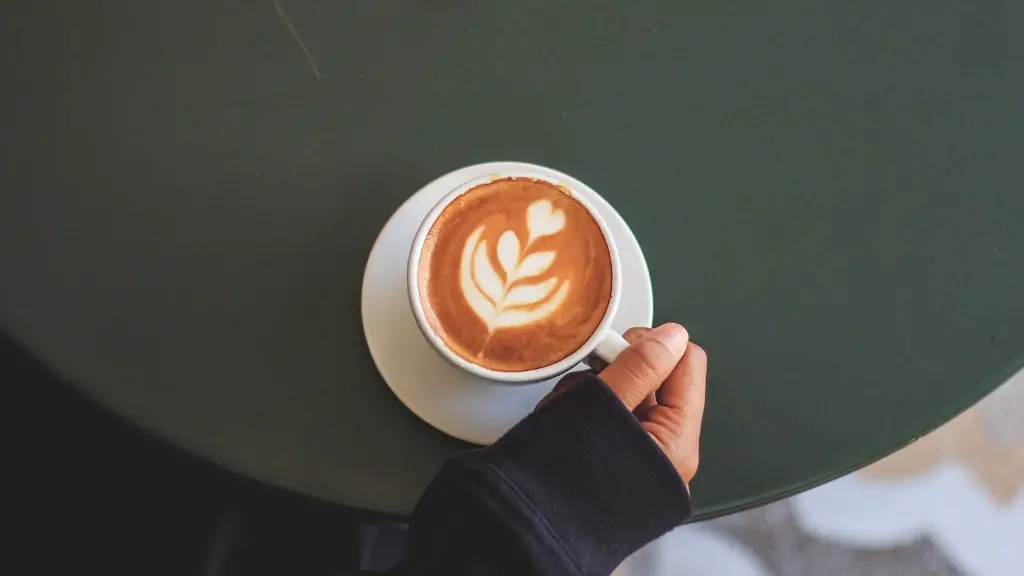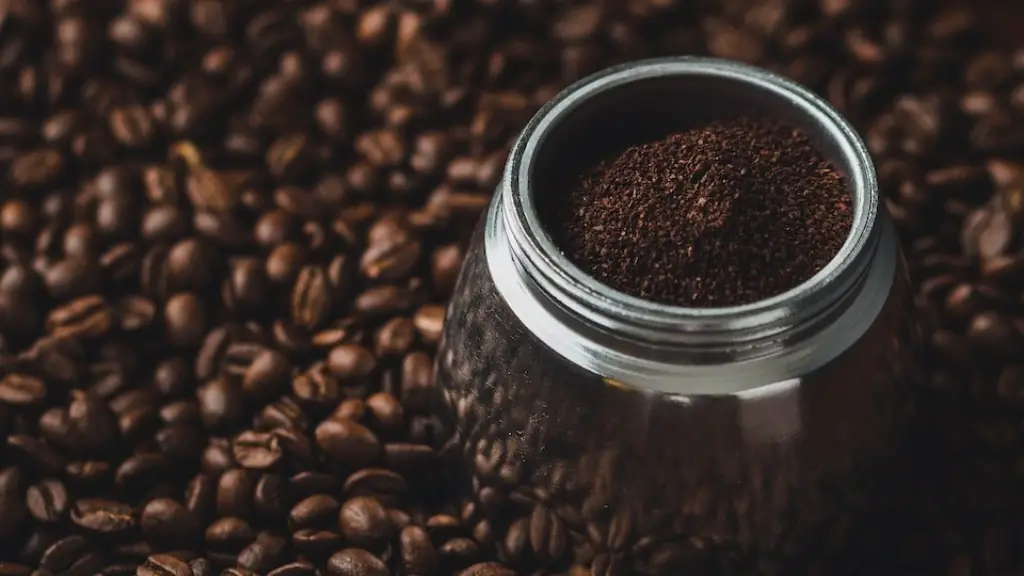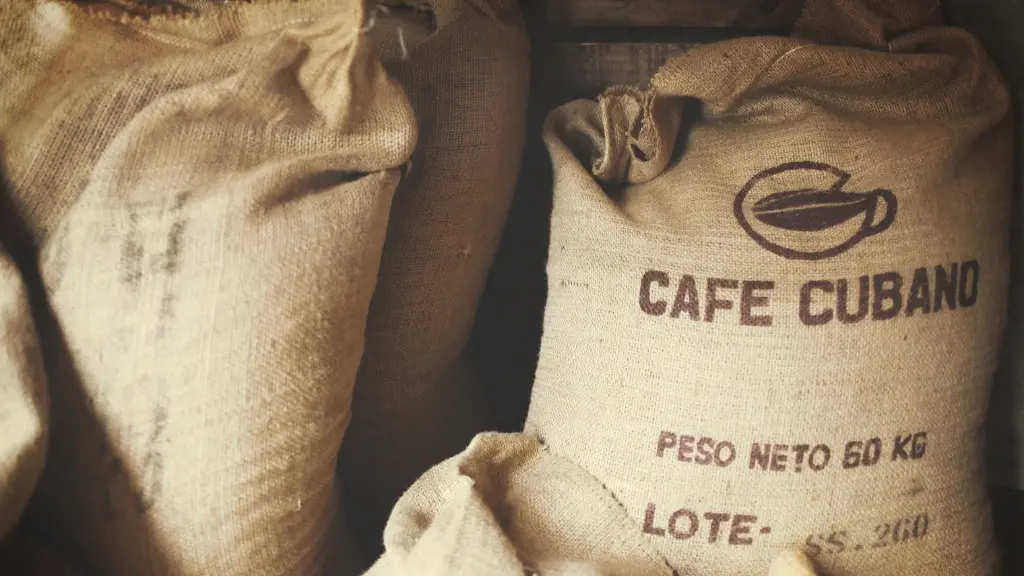The process of roasting coffee beans is what gives coffee its signature flavor. The beans are first cleaned and then roasted anywhere from light to dark. The roast level will depend on the desired flavor profile. The beans are then cooled and ground before being brewed.
Roasting coffee beans brings out the flavor in the beans. The beans are heated until they turn brown and then are allowed to cool.
What are the benefits of roasting your own coffee beans?
There are many benefits to roasting your own coffee, including being able to control the flavor and creating unique blends. By roasting your own coffee, you can ensure that you will have the perfect blend that will far surpass the one-dimensional flavors from the supermarkets. This is a great way to enjoy your coffee and get the most out of your beans.
It’s a common misconception that dark roasts are stronger and have more caffeine than light roasts. The truth is that the caffeine content remains pretty much the same during each stage of the roasting process. So if you’re looking for a coffee with a little extra caffeine kick, you’re better off sticking with a light roast.
What does roasting coffee beans improve the content of
While the sucrose concentration in coffee decreases during roasting, the concentration of organic acids significantly increases. The most significant change was found in the lactic and formic acid content. The content of these acids in coffee beans rose almost 100 times after coffee roasting. This is likely due to the formation of new compounds during the roasting process. These new compounds are responsible for the characteristic flavor and aroma of roasted coffee.
Typically, light roasted coffees are more acidic than dark roasted coffees. This is because the light roast leaves more of the coffee’s natural acidity intact. Dark roasted coffees are more bitter because the roasting process breaks down some of the coffee’s bitterness-masking compounds. Fruity flavours are more common on light roasts because the light roast preserves more of the coffee’s delicate flavour compounds. Roasty and burnt flavours are more common on dark roasted coffee because the dark roast caramelizes the coffee’s sugars, resulting in a richer, more intense flavour.
How long does roasted coffee stay fresh?
If you want to keep your roasted coffee beans as fresh as possible, it’s best to use them within one week of opening. Store them in a cool, dark and dry place to keep them from exposure to oxygen.
It is recommended that you allow espresso beans to rest for at least five days after roasting, in order to allow the fullest flavor to develop. For pour over and drip coffee, it is recommended to wait at least four days before brewing. Surprisingly, some coffee beans actually taste best after two to three weeks. Darker roasts tend to need a longer resting period, as there is a higher build-up of CO2.
Should coffee be roasted fast or slow?
There are many factors that contribute to the flavour of coffee, but slow roasting is generally considered to produce a better tasting coffee. This is because it allows more time for the complex aromatic compounds to develop, giving the coffee more flavour. However, slow roasting also results in a greater loss of weight, as the coffee beans lose moisture during the roasting process.
Scorched coffee beans can produce a variety of off-putting flavours, from burnt and ashy to oaty and bread-like. As a roaster, you’ll want to avoid these flavours from dominating your final product. Keep an eye on your roast profile and make adjustments as needed to avoid these flavours.
Is Home Coffee Roasting worth it
I completely agree that you should not roast coffee at home! The payoff is definitely not worth the trouble and it’s so easy to find coffee that fits your palate. Roasting coffee is also a very messy proposition and is best performed in a screened-in porch or garage.
There are a variety of coffee additives found the world over, with the most common being spices like cinnamon, nutmeg, and clove. Other spices such as cardamom can also be used. Spices can be added at a variety of stages, whether soaking alongside the beans, being roasted alongside them, or being added after the brewing process itself. This allows for a variety of different flavour profiles to be created, depending on the individual preferences of the coffee drinker.
Does roasting coffee beans save money?
A family that consumes 1 lb of coffee per week would save about $400 a year by home roasting their own coffee. This is a significant savings that can be achieved by taking the time to roast coffee beans at home.
Darker roasts of coffee beans boast a bolder and richer flavor than lighter roasts. This is because coffee beans lose caffeine and mass during the roasting process, making darker roasts slightly less caffeinated overall. However, the difference is negligible and does not affect the taste or aroma of the coffee.
How do coffee shops make their coffee taste so good
There are many coffee shops that focus on high-quality, fresh beans. These coffee shops use super-fresh coffee beans to create the best-tasting coffee. The freshness of the beans makes a big difference in the flavor of the coffee. If you’re looking for a great cup of coffee, be sure to visit one of these coffee shops.
Coffee that is left to rest for 5-14 days after roasting will have more distinct flavors than coffee that is consumed immediately after roasting. This is because the coffee beans have had time to release the carbon dioxide that can often make coffee taste sour and acidic.
Why does roasted coffee smell so good?
The Maillard reaction is a chemical reaction that occurs between amino acids and sugars that gives food a distinct flavor and smell. This reaction is responsible for the delicious flavor and smell of freshly roasted coffee beans. The Maillard reaction was first described by chemist Louis-Camille Maillard in 1912.
It is important to note that coffee begins to lose its freshness not long after it is roasted. For the best flavor, it is recommended that coffee be consumed within 2-3 weeks of the roast date. After this time, the coffee will still be drinkable, but it will be less flavorful and may have an off-taste.
Conclusion
When coffee beans are roasted, they undergo a chemical change that brings out their rich, flavorsome aromas and tastes. The roasting process also reduces the bean’s natural bitterness.
The process of roasting coffee beans brings out the rich, full flavor of the coffee. It also darkens the beans, giving them their characteristic dark color. Roasting coffee beans also helps to remove some of the coffee’s natural bitterness.
